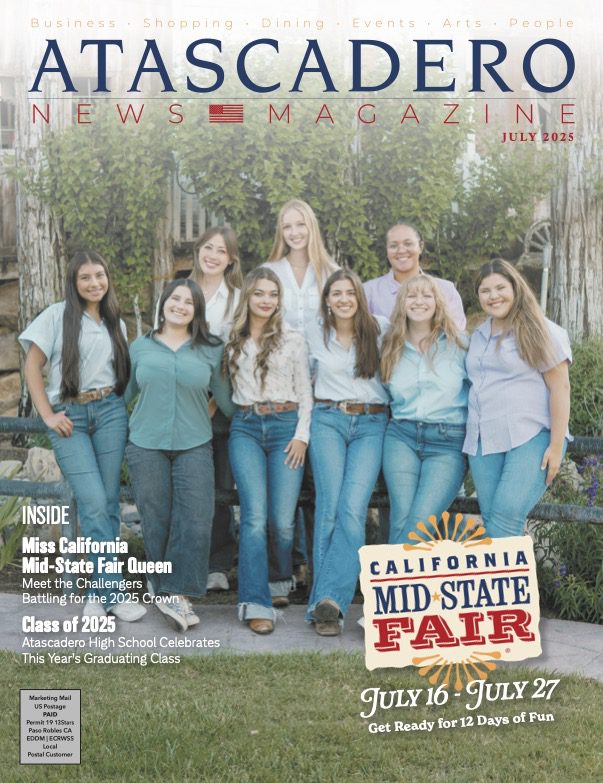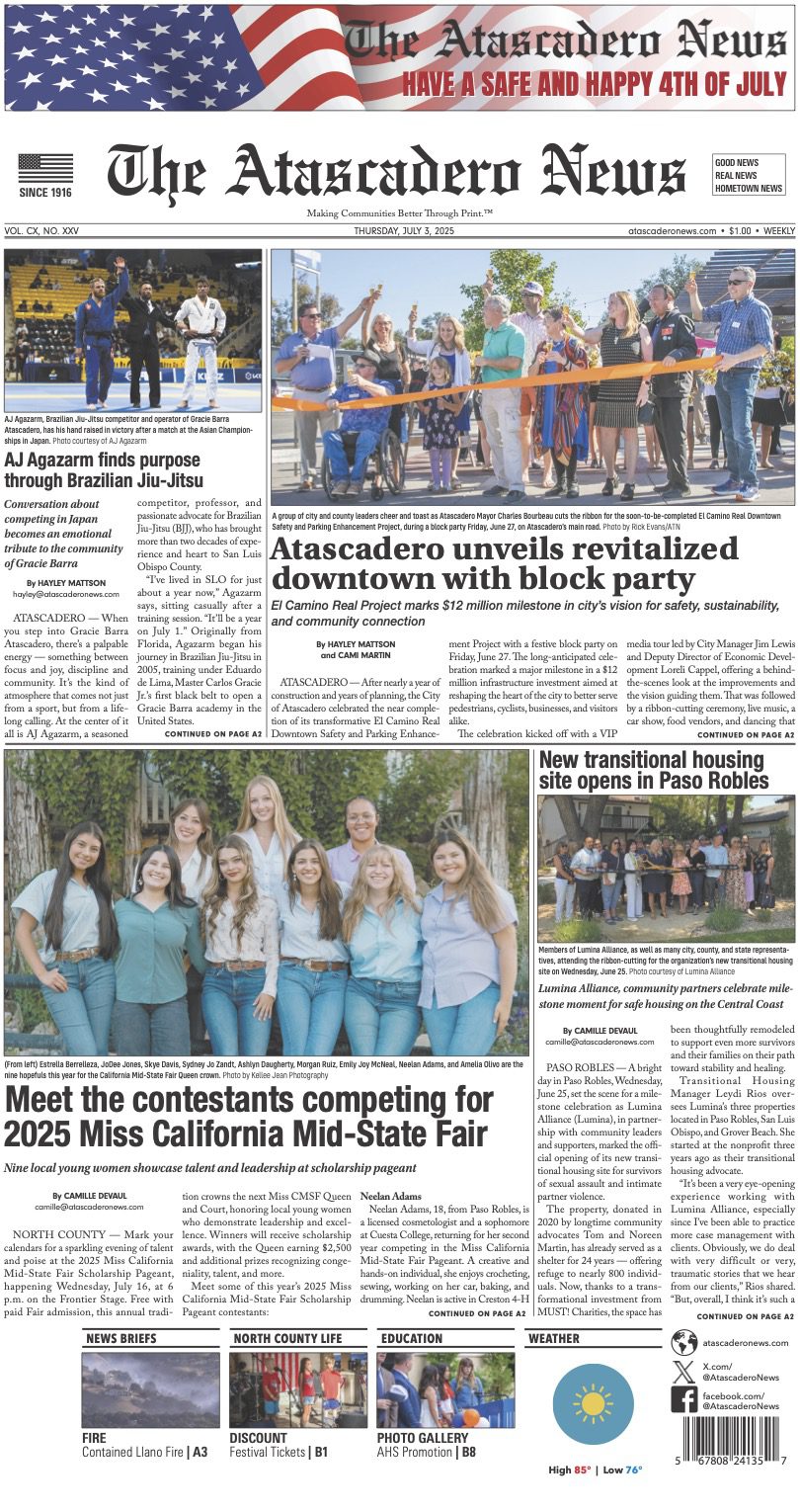ATASCADERO — It will soon become much cheaper to build a small accessory unit in Atascadero. Tuesday night, the Atascadero City Council came together for what could have been their shortest meeting of the year with the only substantial topic covering accessory dwelling units (ADU), or secondary dwelling units, and the rate of developmental impact fees to be paid due to the changes from Senate Bill 13.
SB13 was designed and implemented to increase ADU production as a form of “affordable by design” housing. The bill went into effect in January and exempts ADUs less than 750 square feet from impact fees. Units larger than 750 square feet up to 1,200 square feet (the most the City allows) must be charged a “proportional” rate related to the primary structure.
ADUs can be attached or detached or, in some instances, a converted room. They are separate, smaller, living spaces that the state allows with a primary residential unit. Due to the changes from SB13, the City must decide how it will determine the rate charged to larger units.
City Development Director Phil Dunsmore presented the City’s proposed “proportional rate,” which stated that the impact fee should be relative to the accessory unit’s size compared to the average size of primary units typically found in the jurisdiction. According to current assessor data, the median size of a primary dwelling in Atascadero is 1,666 square feet.
The City worked with a fiscal impact consultant and determined that it costs $10.45 per square foot of the new ADU floor area. This means a 1,000 square foot ADU’s impact fee would be $10,450. The current impact development fee for a new single-family unit of 1,000 square feet is approximately $17,400.
The City is anticipating that the demand for ADUs will go up following the reduced cost. The agenda packet states the City typically issues four to five permits for ADUs a year, with most coming at the maximum size (1,200 sq. ft.). However, in recent months, requests have gone up, and the City is anticipating 20 per year but of much smaller sizes.
Following the presentation, the council raised some questions on reducing or subsidizing the cost. Multiple council members expressed concern about how this could change or restructure affordable housing in the City.
The motion to pass the staff recommendation passed 4-1 with Councilwoman Roberta Fonzi voting against it.
City Manager Rachelle Rickard assured the council they would have opportunities to have discussions surrounding how they want to incentivize and promote affordable housing in the future.













